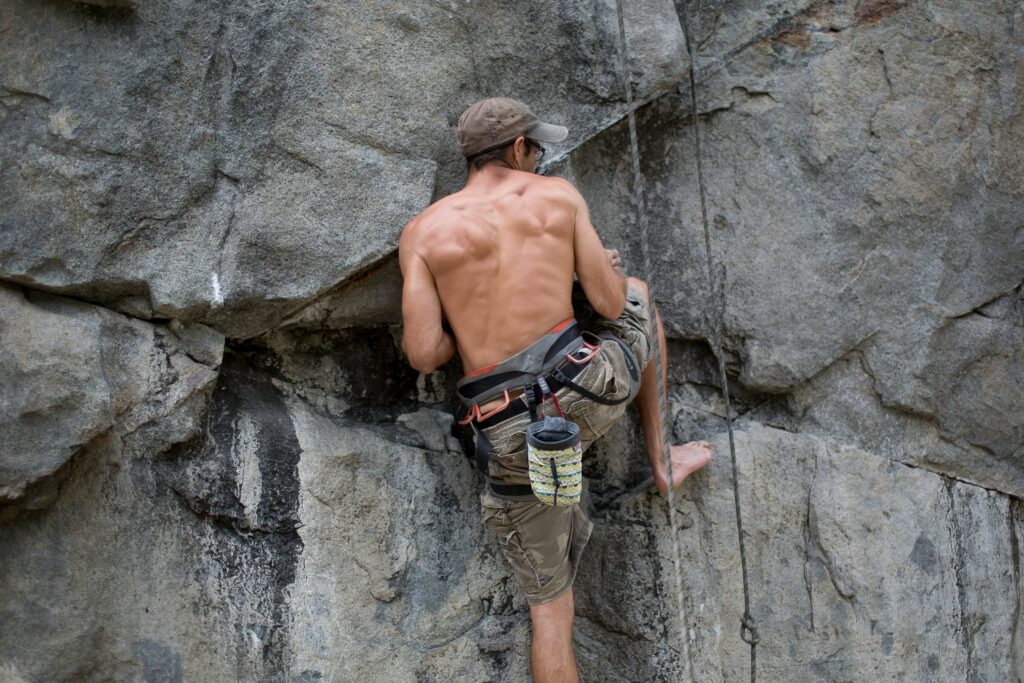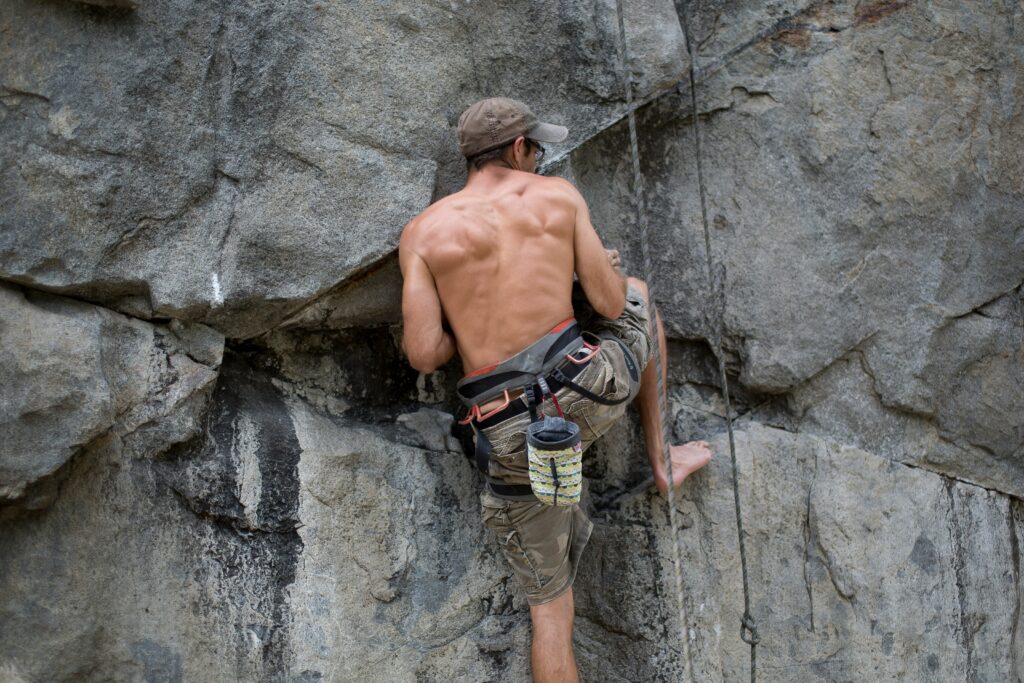Ever wondered how a secure climb harness could help you shed those extra pounds while keeping you safe on the rocks? What if we told you that choosing the wrong climbing harness might be sabotaging both your fitness goals and your safety? Yep, true story.
In this post, we’ll break down everything about secure climb harness certifications, why they matter for weight loss enthusiasts who love outdoor adventures, and how to pick the right one for your needs. You’ll learn:
- Why certified climbing harnesses are vital for health-conscious climbers.
- A step-by-step guide to identifying legitimate certifications.
- Pro tips to avoid common mistakes when purchasing climbing gear.
Table of Contents
- The Problem with Unverified Climbing Gear
- How to Identify Secure Climb Harness Certifications
- Tips for Choosing the Right Certified Harness
- Real-Life Examples of Certification Failures
- Frequently Asked Questions About Climbing Harnesses
Key Takeaways
- Certified climbing harnesses ensure maximum safety during workouts.
- Look for UIAA or CE markings as indicators of quality certification.
- Purchasing cheap, uncertified gear can lead to injuries and setbacks.
The Problem with Unverified Climbing Gear
Let me tell you about my embarrassing fail. Once, I bought the cheapest climbing harness I found online because, hey, budget-friendly sounded great. Cut to mid-climb—a strap snapped, leaving me dangling awkwardly against a rock face like some rejected Spider-Man audition tape. Oops.
This isn’t just about saving pennies—it’s about risking your neck (literally). Uncertified harnesses often lack rigorous testing for durability under stress. And here’s a brutal truth: using subpar equipment not only jeopardizes your safety but also interrupts your weight-loss journey by sidelining you with potential injuries.
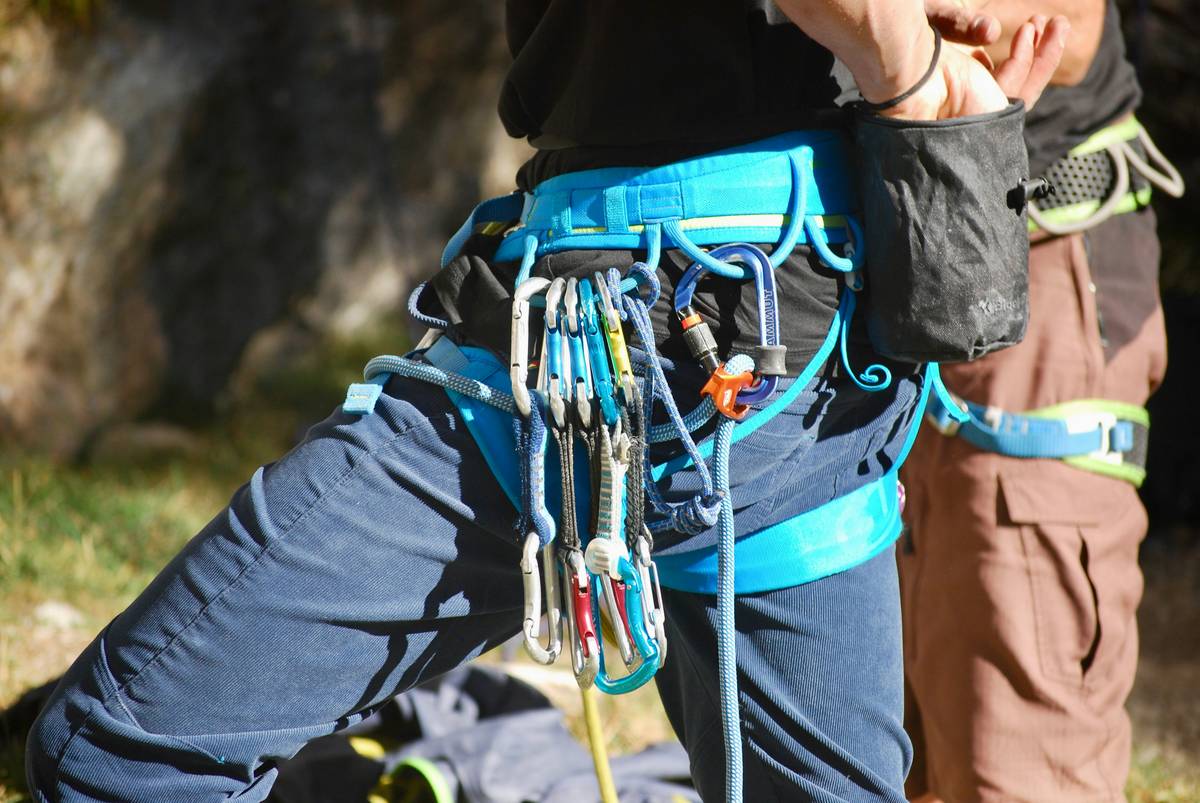
Optimist You: *“It won’t happen to me!”*
Grumpy Me: *“Ugh, yeah… until it does.”*
How to Identify Secure Climb Harness Certifications
- Check for UIAA Compliance: The International Climbing and Mountaineering Federation (UIAA) is the gold standard for climbing gear safety. Look for their logo stamped somewhere visible.
- Hunt Down CE Markings: European Conformity (CE) symbols indicate compliance with EU safety regulations—another trustworthy sign.
- Consult Manufacturer Websites: Reputable brands provide detailed info about their products’ certifications. If they don’t, RUN.
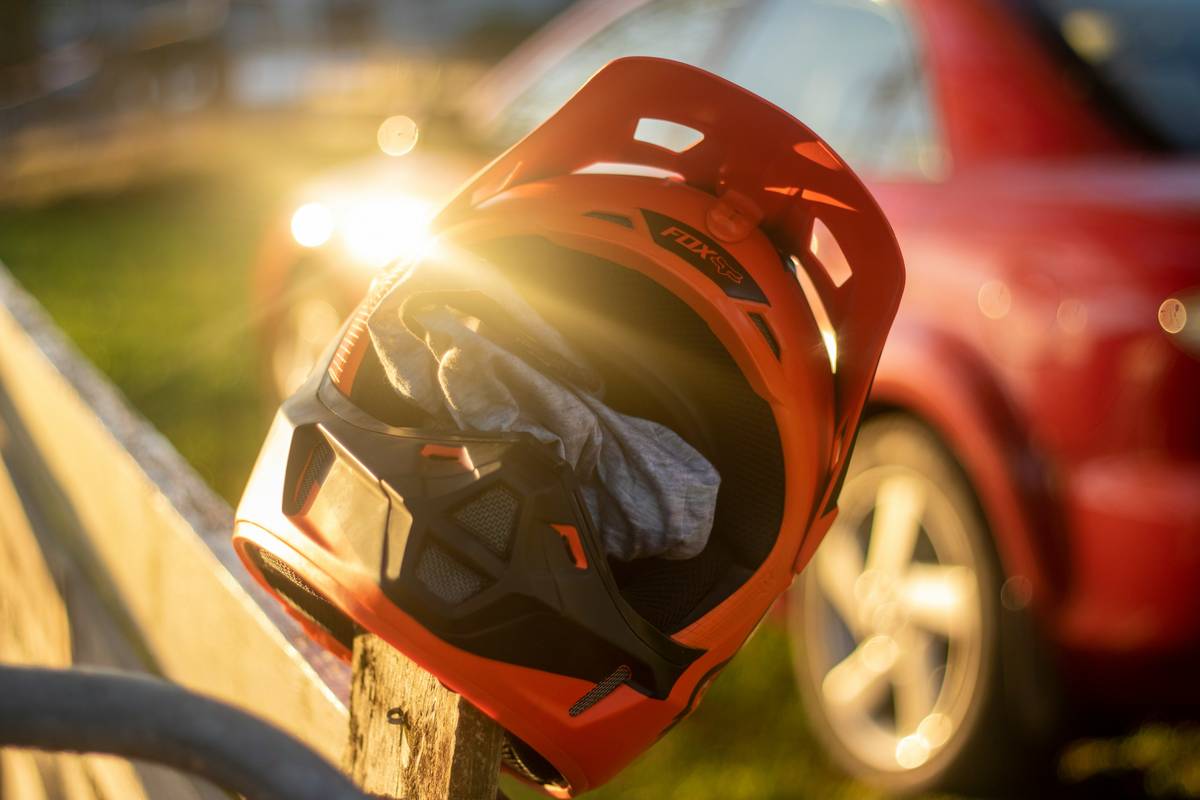
Tips for Choosing the Right Certified Harness
- Prioritize Fit Over Price: A $50 bargain harness without proper fit adjustments will make every climb miserable—and dangerous.
- Don’t Ignore Reviews: Other climbers’ experiences can save you from headaches later. Sites like Reddit or specialized forums are gold mines.
- Avoid Knockoffs at All Costs: Terrible tip alert: buying knockoffs may seem economical, but remember—they’re called knockoffs for a reason. BAD IDEA. Trustworthy retailers should offer warranties and proof of authenticity.
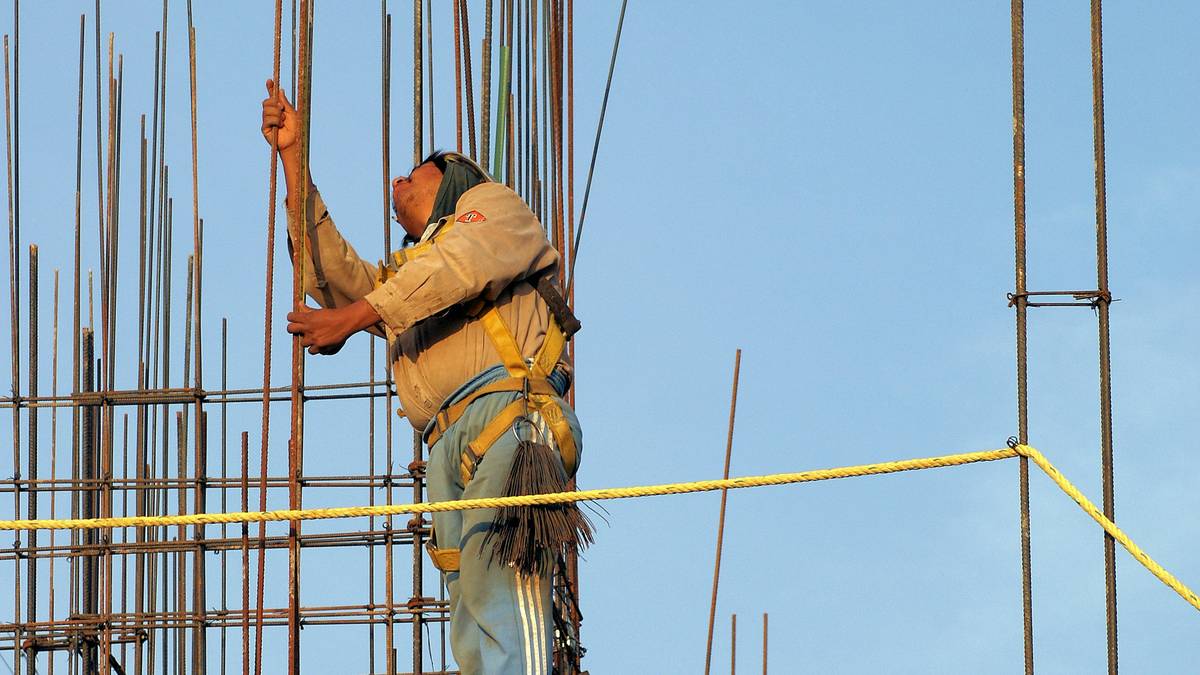
Real-Life Examples of Certification Failures
Rant time: Do companies seriously think no one will notice fake labels on dodgy gear?! Exhibit A—a friend borrowed an “off-brand” harness from a buddy once. Guess what? The stitching unraveled halfway up a route. They were lucky enough to have backup ropes, but trust issues ensued ever since.
| Brand Name | Certification Status | User Feedback |
|---|---|---|
| Brand X | No Certification Found | “Cheap, but broke after two climbs!” |
| Brand Y | UIAA & CE Certified | “Reliable and comfortable even on long climbs.” |
Frequently Asked Questions About Climbing Harnesses
Q: Are there specific certifications better suited for weight-loss activities?
Nope. All reputable certifications prioritize general climbing safety regardless of activity type. Focus on finding a lightweight yet sturdy option tailored to frequent use.
Q: Can I still lose weight effectively without certified gear?
Technically yes—but would you rather risk injury interrupting your progress? Probably not worth it.
Q: Where should I buy certified climbing harnesses?
Stick to well-known outdoor sports stores like REI or Decathlon, which vet their inventory thoroughly.
Conclusion
Choosing a climbing harness with legitimate certifications isn’t just smart—it’s essential. By prioritizing products marked with UIAA or CE logos, you set yourself up for safer climbs and uninterrupted fitness goals. Remember, cutting corners today might mean missing out tomorrow.
And now, a little nostalgia for you:
Rocks ahead, Harness tight, No falls tonight.
Like a Tamagotchi, your SEO strategy needs daily care!

